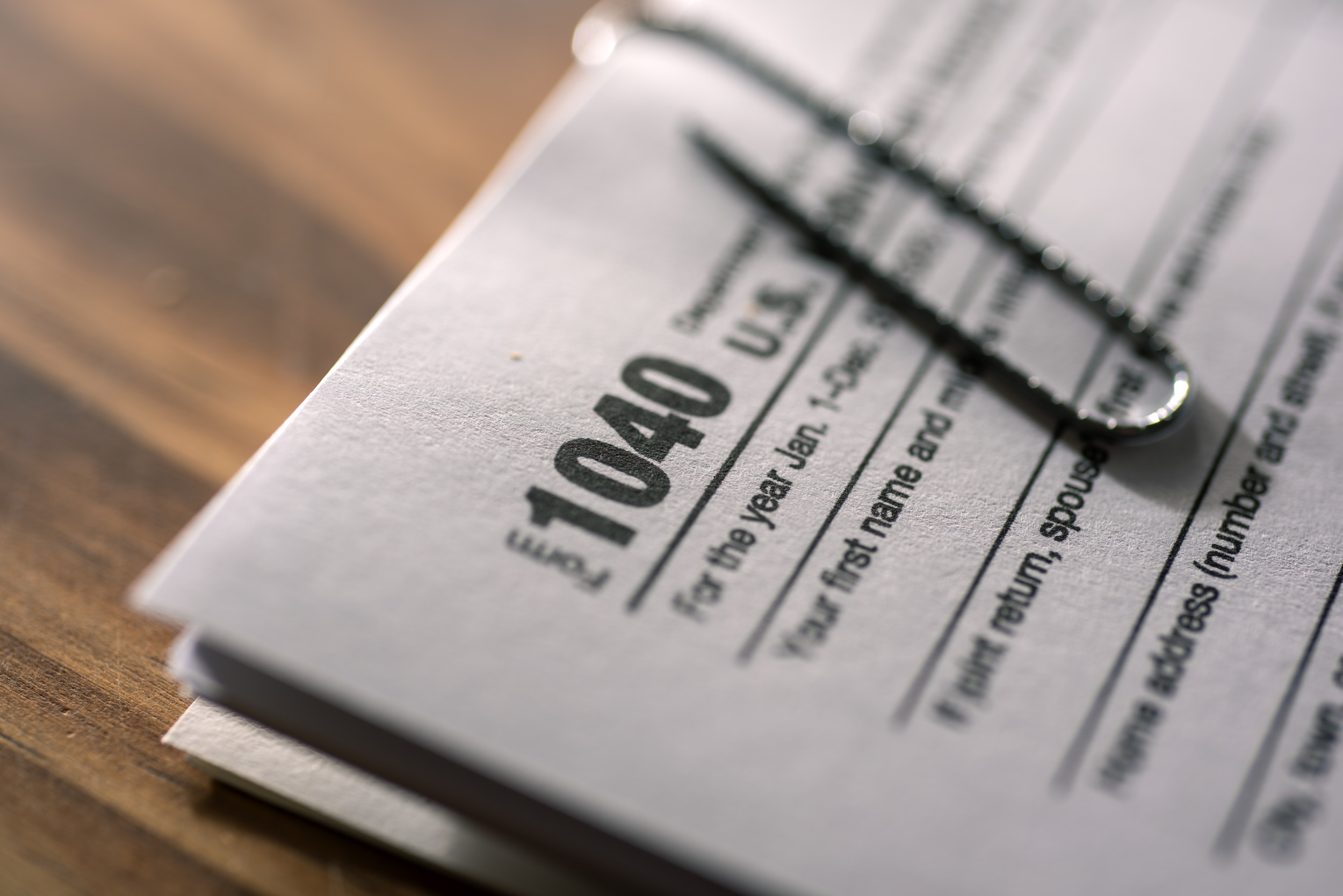
The Internal Revenue Service (IRS) has issued a reminder to taxpayers about payment plans ahead of the upcoming tax deadline.
Why It Matters
Tax season is almost at an end, with payments and returns due on April 15. If you don’t file and pay on time without a valid extension, you may be subject to avoidable penalties.
What To Know
An IRS payment plan is an agreement you make with the agency to pay your federal tax bill over time.
In a press release issued on April 3, the IRS advised those who cannot pay their full tax balance to file their return and pay as much as possible by April 15. Filing on time helps avoid the late filing penalty, which typically amounts to 5 percent per month on any unpaid balance.
Making at least a partial payment by the deadline can help minimize interest charges and late payment penalties, the IRS said. Currently, the interest rate is 7 percent per year, compounded daily, while the late payment penalty is 0.5 percent per month. These penalties cannot be avoided with some payment plans, however.
GETTY
How To Set Up a Payment Plan
Most individual taxpayers are eligible for a payment plan, of which there are two:
- Short-Term Payment Plan – Available for taxpayers who owe less than $100,000 in combined tax, penalties, and interest. This plan allows up to 180 days to pay off the full balance.
- Long-Term Payment Plan – The new Simple Payment Plan criteria make it easier to qualify for a long-term plan if the total balance is under $50,000. Taxpayers can make monthly payments for up to the collection statute period, typically 10 years.
Once the online application is submitted, taxpayers will receive immediate notification of approval, with no paperwork, phone calls, or visits to an IRS office required.
Taxpayers who find they do not qualify for an online payment plan have other options:
- Offer in Compromise – Some taxpayers may be eligible to settle their tax debt for less than the full amount owed by submitting an Offer in Compromise.
- Temporary Delay of Collection – Taxpayers facing financial hardship can request a temporary delay in the collection process by contacting the IRS. If the IRS determines that payment is not currently possible, collection efforts may be postponed until the taxpayer’s financial situation improves. However, interest and penalties will continue to accumulate until the balance is fully settled.
What Happens Next
The deadline for submitting and paying your tax returns is April 15.
